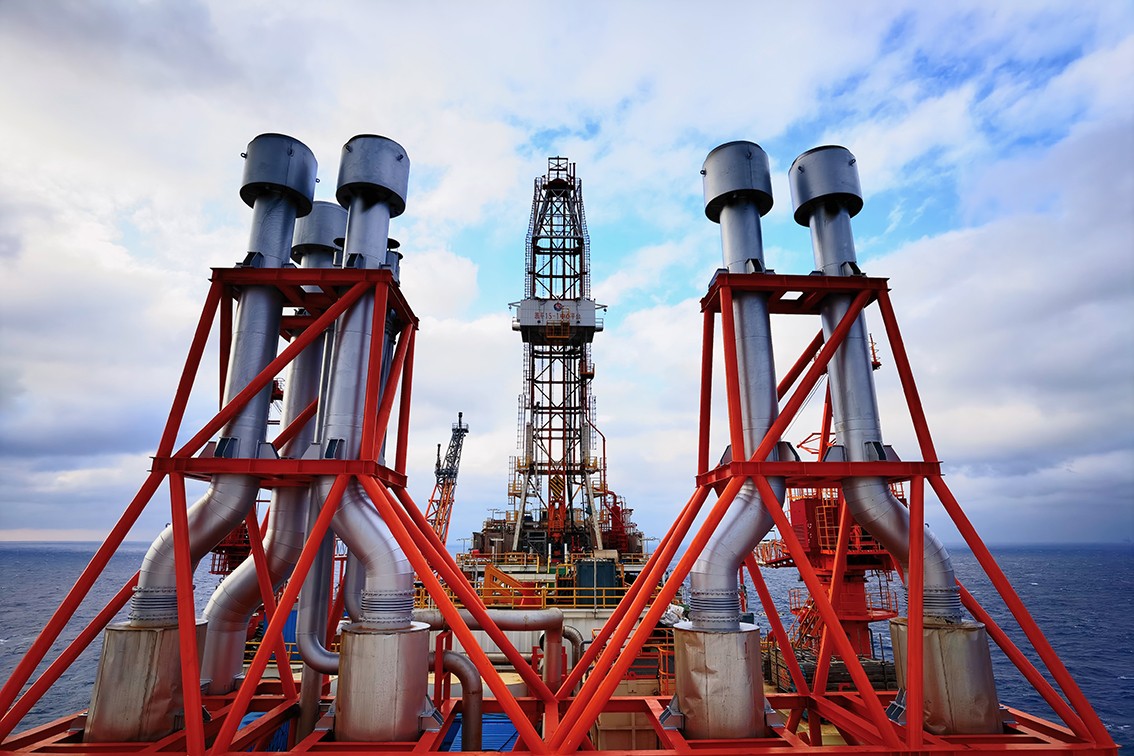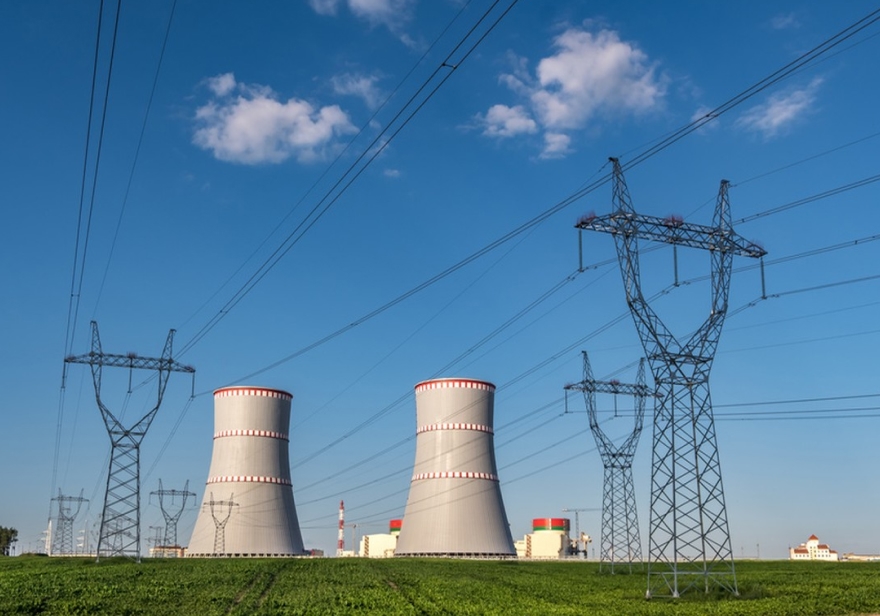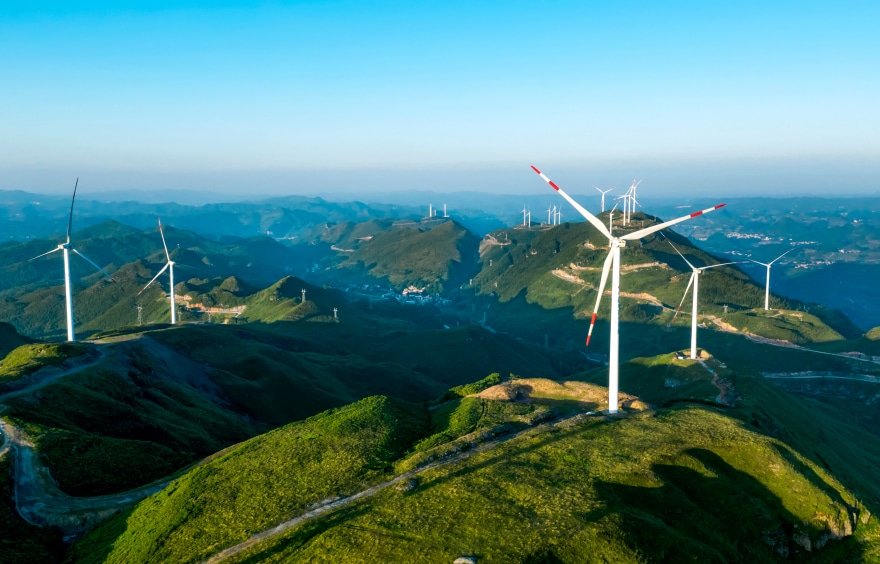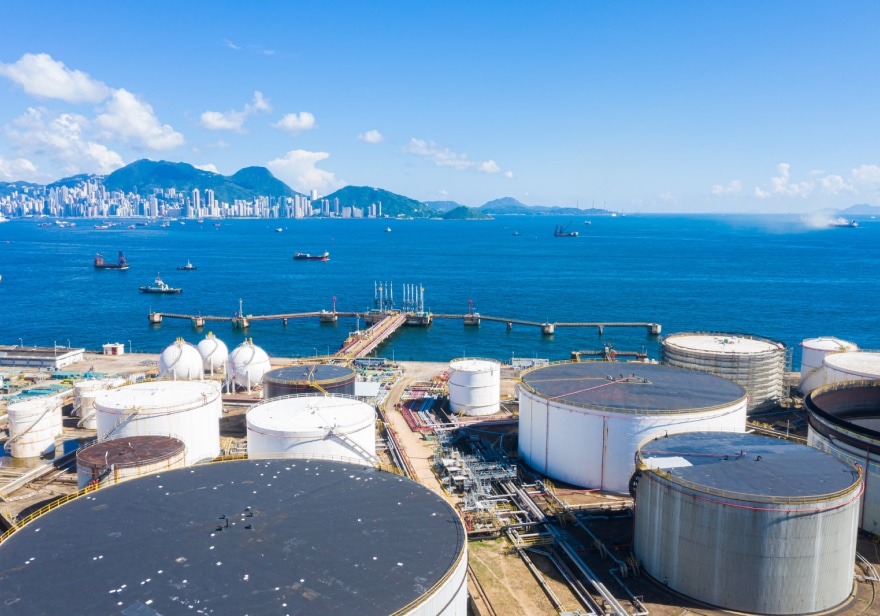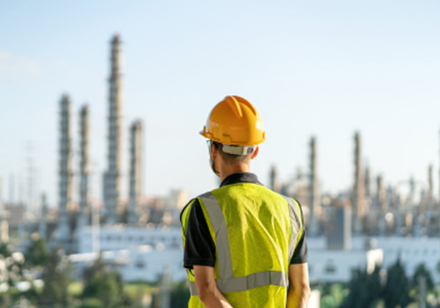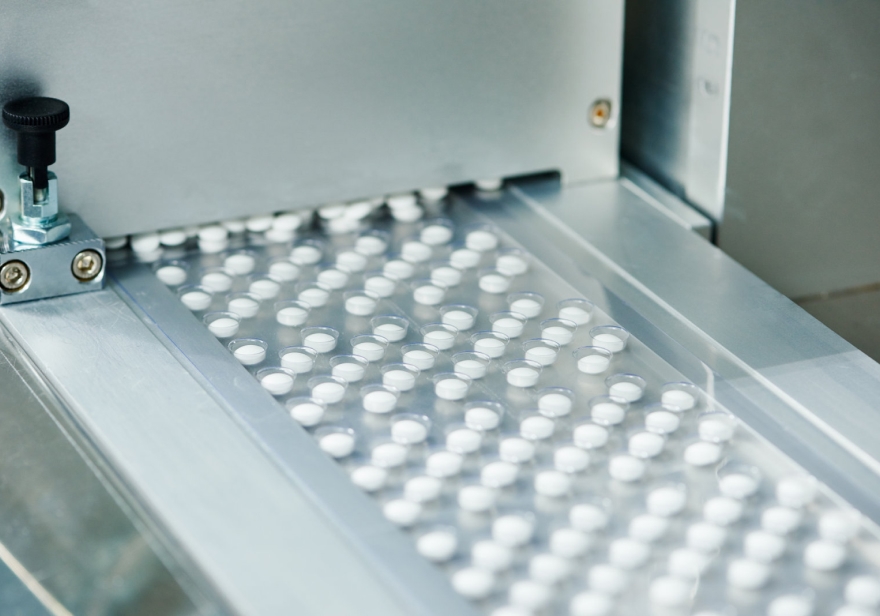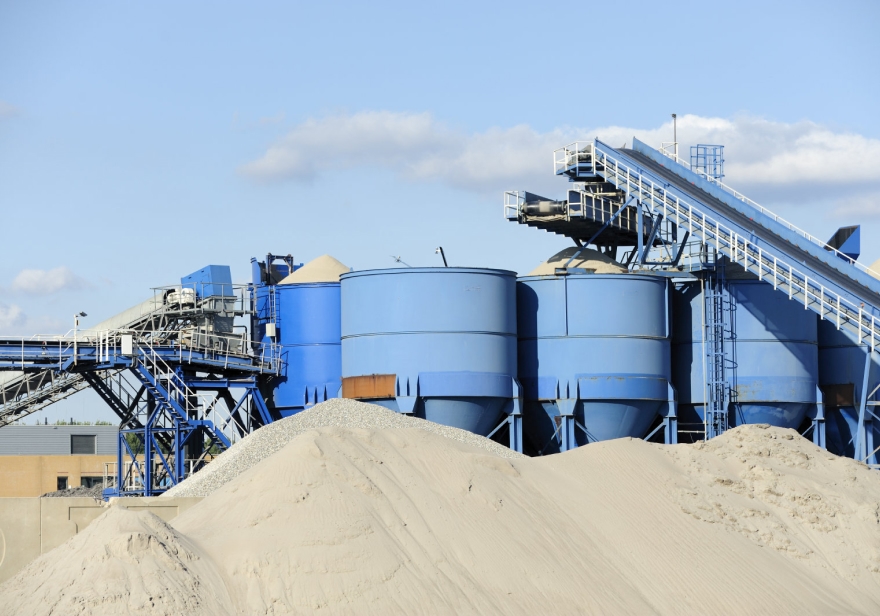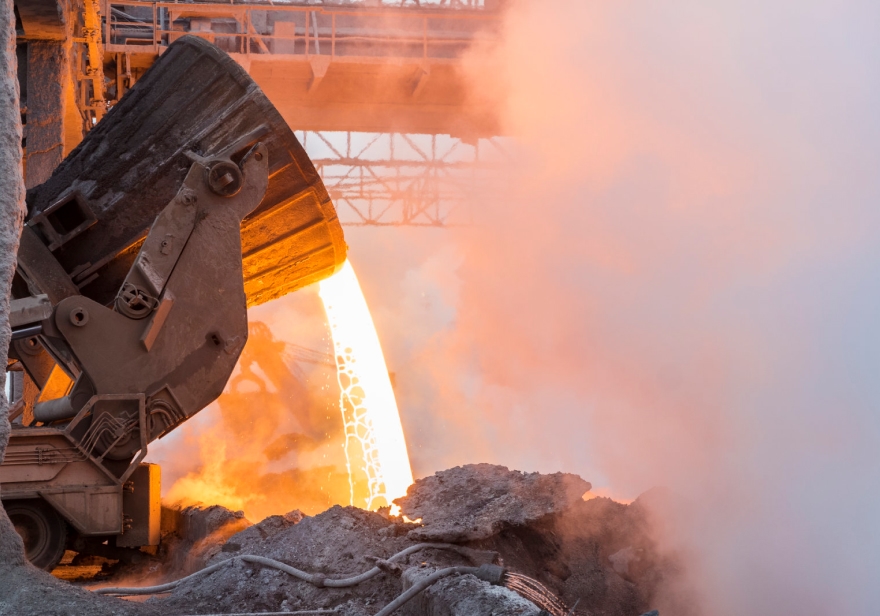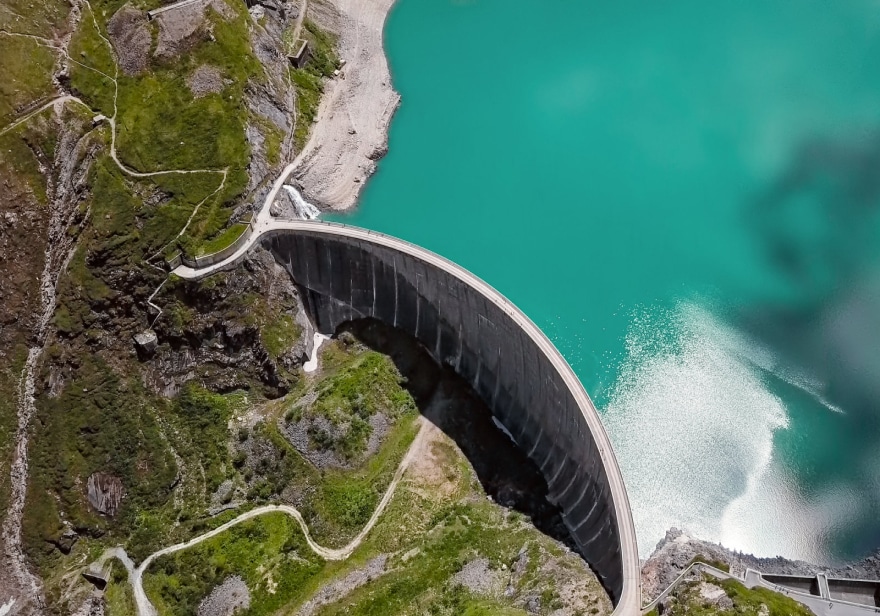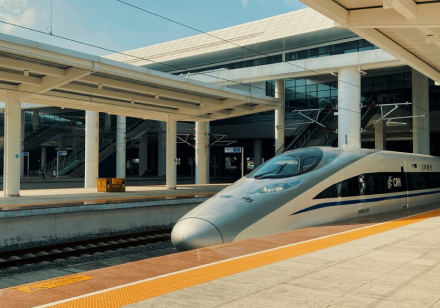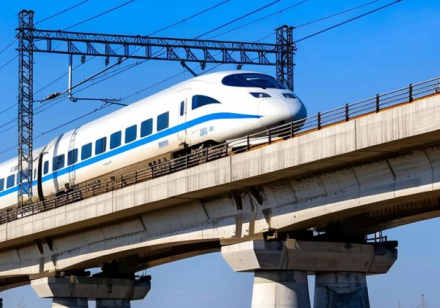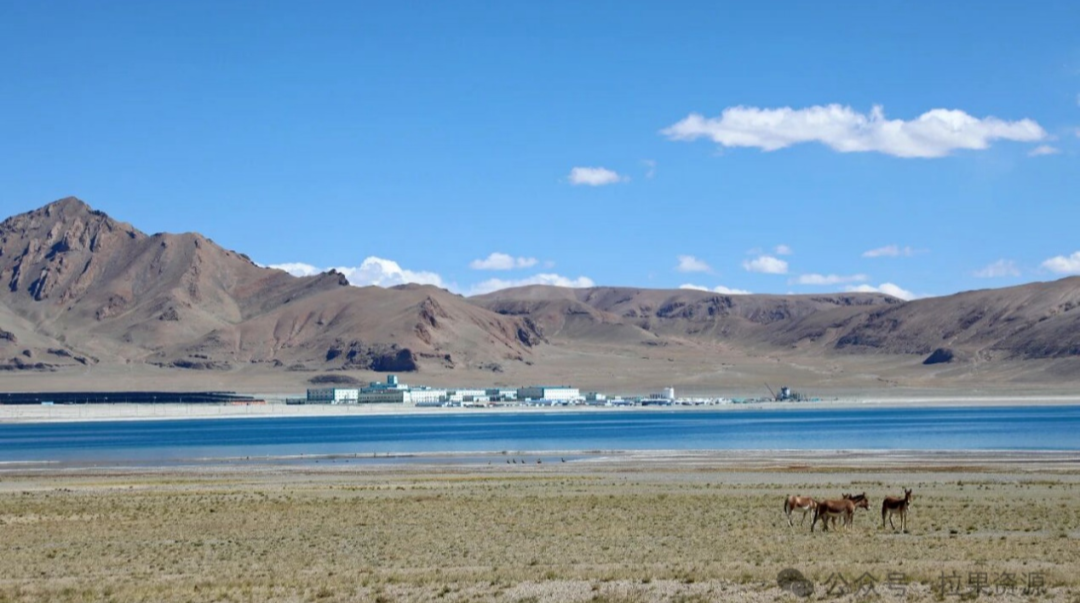On March 24, China National Offshore Oil Corporation (CNOOC) Shenzhen Branch commenced drilling at the Enping 15-1 Oilfield Cluster, marking a pioneering offshore carbon capture, utilization, and storage (CCUS) initiative. Over the next decade, more than 1 million tons of CO₂ will be injected into subsea formations, simultaneously enhancing oil recovery and supporting carbon peak and neutrality goals.
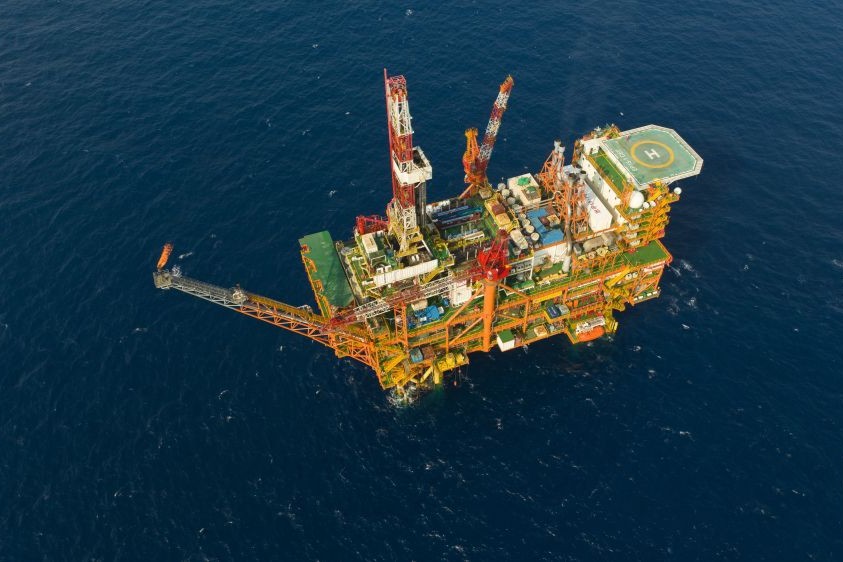
Enping 15-1: Asia’s New Offshore Powerhouse
Located 200 km southwest of Shenzhen, China in waters averaging 90 meters deep, the Enping 15-1 cluster consists of 4 oilfields with 48 planned production wells. At peak output, it will produce nearly 5,000 tons of crude oil per day, driving economic growth in the Guangdong-Hong Kong-Macao Greater Bay Area. The heart of this cluster is the Enping 15-1 platform, Asia's largest offshore oil production facility. Standing 160 meters tall and weighing over 30,000 tons, it features nearly 600 integrated systems — twice the complexity of a standard platform — making it a leader in offshore energy innovation.
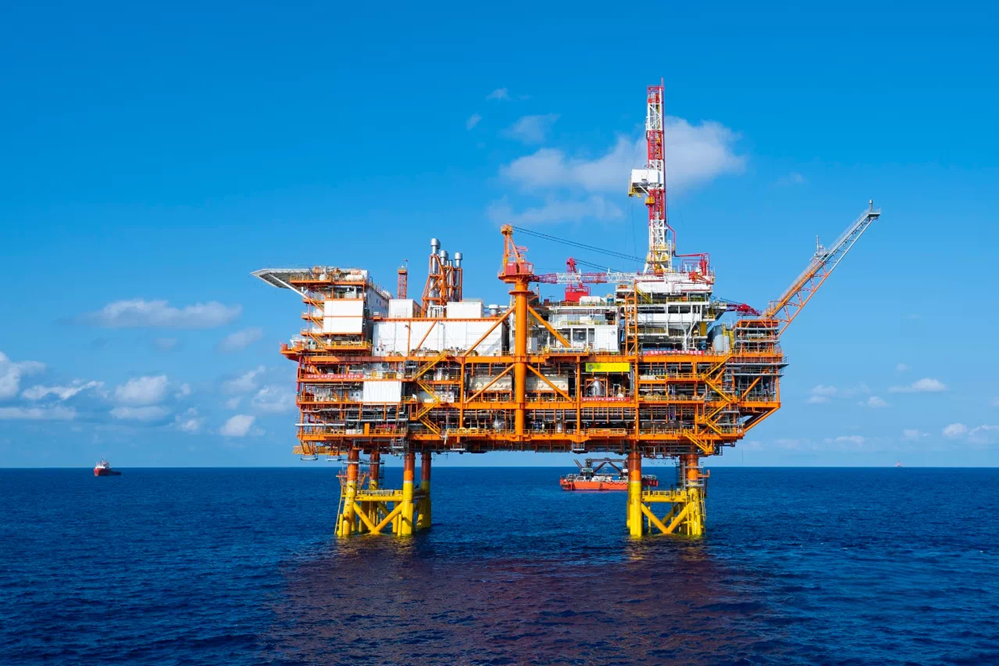
Advanced Facilities: Typhoon-Proof & CO₂ Storage Breakthrough
Designed to withstand extreme weather, Enping 15-1 is CNOOC's first offshore project capable of unmanned operation during typhoons, enabling remote shutdown, pipeline purging, and rapid post-storm recovery. It also pioneers offshore CO₂ storage, permanently sequestering captured emissions instead of releasing them. CNOOC's innovations, including an offshore supercritical CO₂ compressor and molecular sieve dehydration skid, have set new benchmarks in offshore carbon management. At full capacity, the facility will store up to 1.5 million tons of CO₂ — equivalent to planting 14 million trees or removing 1 million cars from the road.
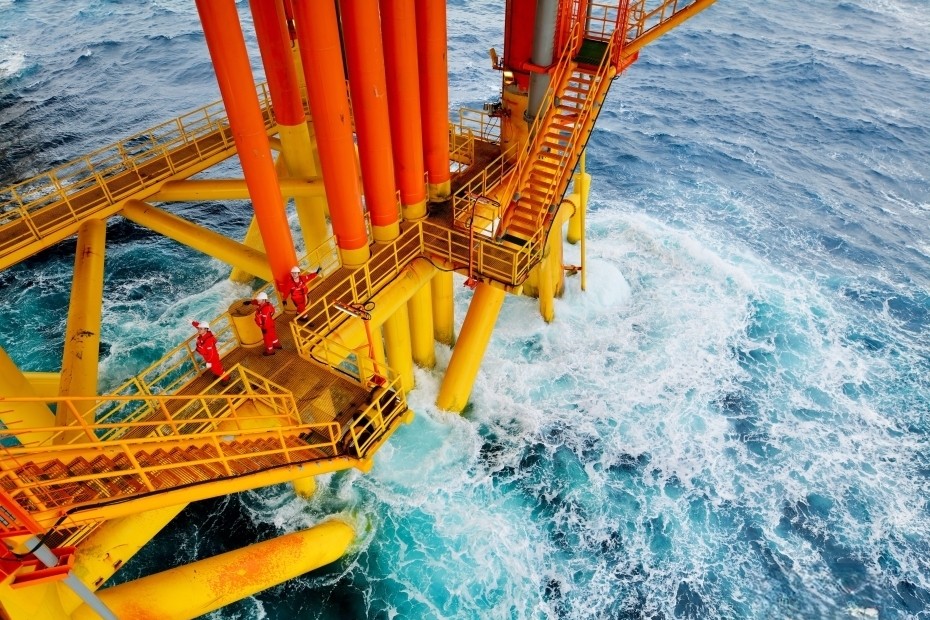
HollySys: Powering Intelligent Offshore Operations
As a primary supplier, HollySys has delivered a range of systems including Distributed Control Systems (DCS), Emergency Shutdown Systems (ESD), Fire and Gas Detection Systems (FGS), Safety Instrumented Systems (SIS), Asset Management Systems (AMS), cybersecurity solutions, remote control capabilities, as well as fire and gas detection systems for all four platforms. The DCS features over 6,000 I/Os, while the SIS system — comprising ESD, FGS, and SIS — exceeds 6,300 I/Os. This system employs a distributed network architecture that integrates the Central Control Room (CCR), Field Assemble Rack Room (FAR), and onshore terminals. It is equipped with 4 engineering workstations, 10 operator stations, and 48 equipment cabinets to ensure efficient operations alongside robust safety management protocols.
